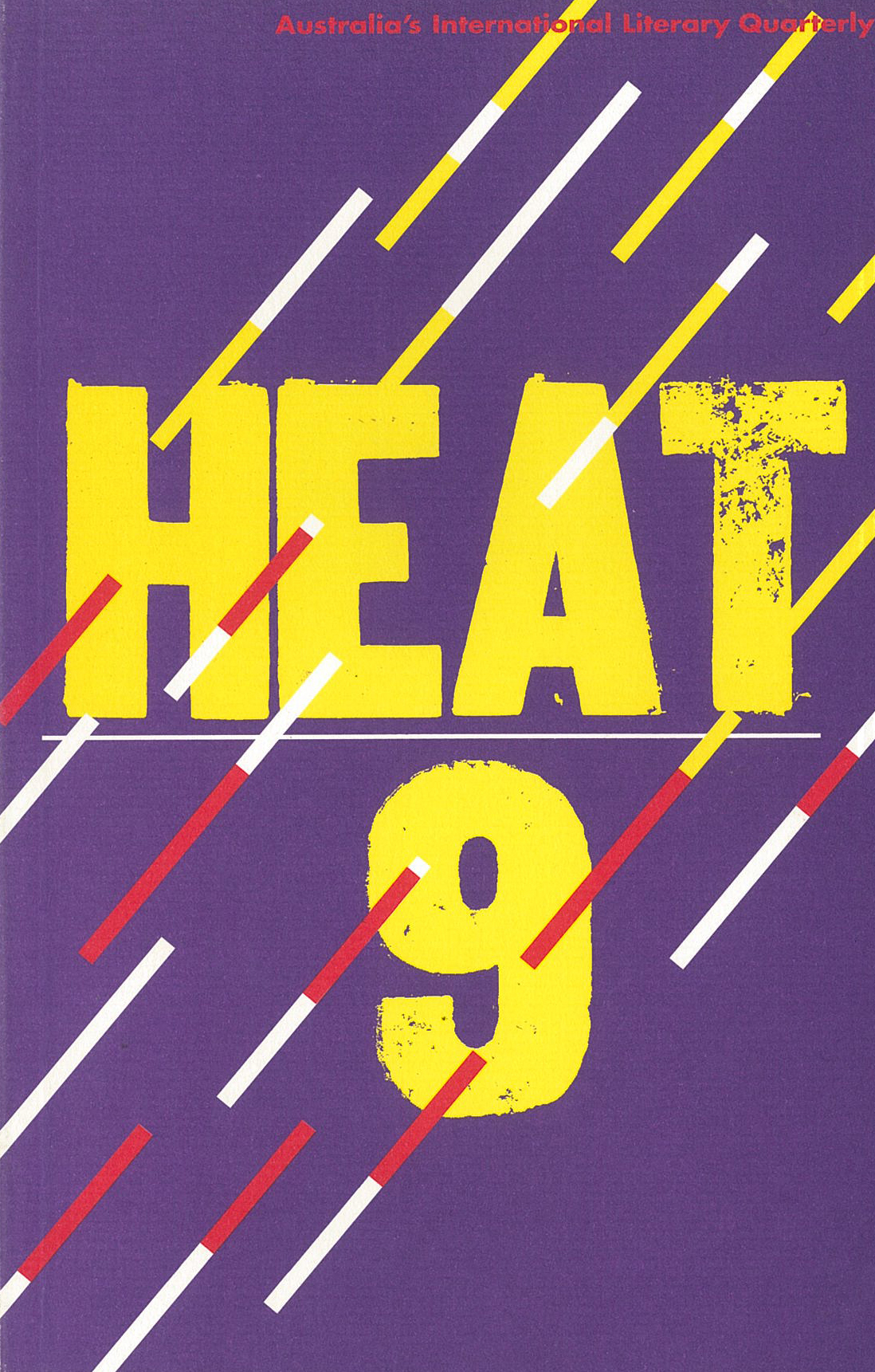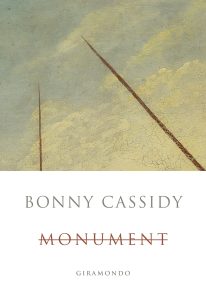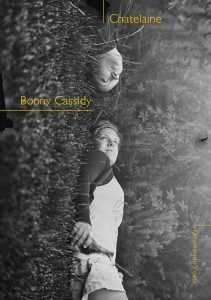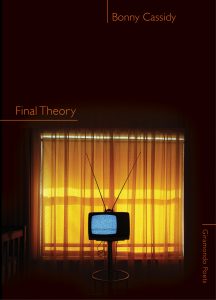On ‘Karmic Traces’ by Eliot Weinberger
‘… all of us knew, at times, who was calling.’
Eliot Weinberger’s nonfiction opened a door into essayism that I rushed through and left hanging open like a dumbstruck mouth. I carried his book Karmic Traces with me to Japan in 2008, where I spent three months praising shadows, staring into wet leaves and weathered timber as though they were the night sky.
The book’s titular essay, first published in HEAT 9, is about transcendence of mortal time: how all beings make ripples, and how these ripples are portals out of subjectivity. I taught with the essay for years and used it to show undergraduate students how a piece of nonfiction could be constructed in such a way that the author remains ‘an anonymous man’; the very one at the end of the essay. When Weinberger uses the first person a few times in this essay, it is as a rhetorical vehicle. When he refers to his childhood, it’s to invoke the ‘we’ of a cultural generation. The author is a useful abstraction.
I relished Weinberger’s ability to zap around time and place in service of a concept. In ‘Karmic Traces’, the image is the most important thing. The essay’s patchwork approach to cultural references has its own odd smell these days. It’s an exotic charm bracelet; a string of ideas told with such confidence that you can’t help but fall into its spinning vortex.
I fell hard and read Weinberger’s subsequent collection, An Elemental Thing. His image of the Wren Boys, a lineage of pagan lore, sent me into another reverie. The ritual killing of the wren, a pre-Christian story of redemption, came out of the depths of time carrying aloft a dark theory of narrative and symbol and masculinity. Then one day I found myself in Dingle following an actual St Stephen’s Day parade. From within its chaotic current, the local custom was very different to the mysticism with which Weinberger had cast it in ‘Wrens’. The parade was hilarious, queer and real, not the shadowy and whispered esotericism I had pictured.
Another decade on I read Beverley Farmer’s The Bone House and experienced a similar tingling affect to the one created by ‘Karmic Traces’: immersion in the place between fact and wonder, the connective lasso of the essay. But under her sometimes-blunt quotations and jump-cuts between references, Farmer held the personal voice in a more fragile way. There was mystery, still, but emotion too. The author was a curious body rather than an all-knowing voice. I was ready for it, I suppose.
Re-reading ‘Karmic Traces’ reminds me of the possibility of the essay as a poem: a spell whose purpose is to make you want to go out and find the truth for yourself.
RE:HEAT is a series in which recent contributors to HEAT reflect on writing from the magazine’s archive. Sign up to our newsletter to receive RE:HEAT in your inbox.




